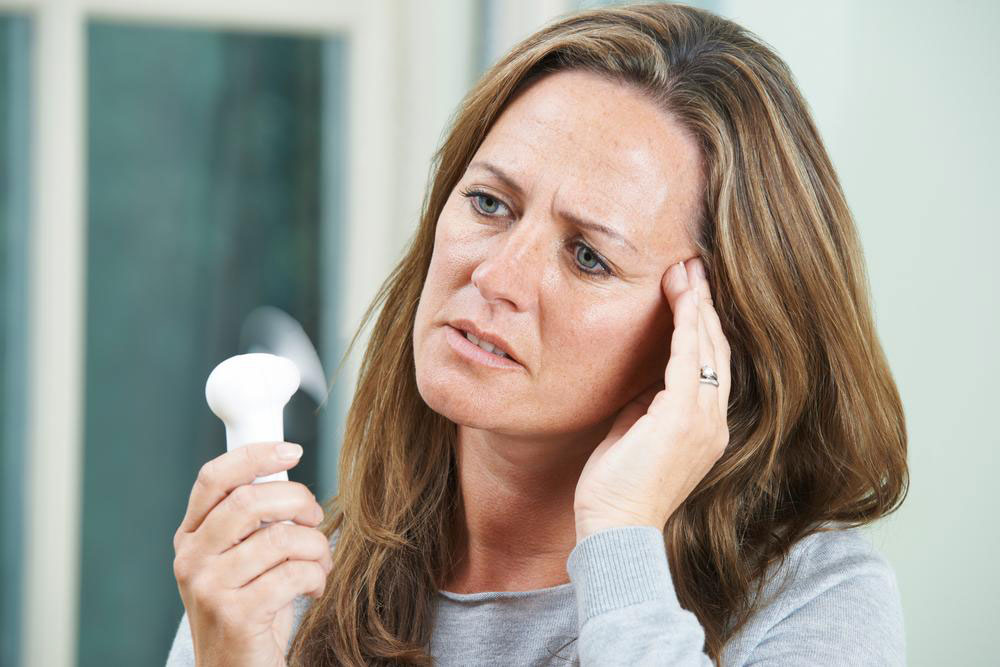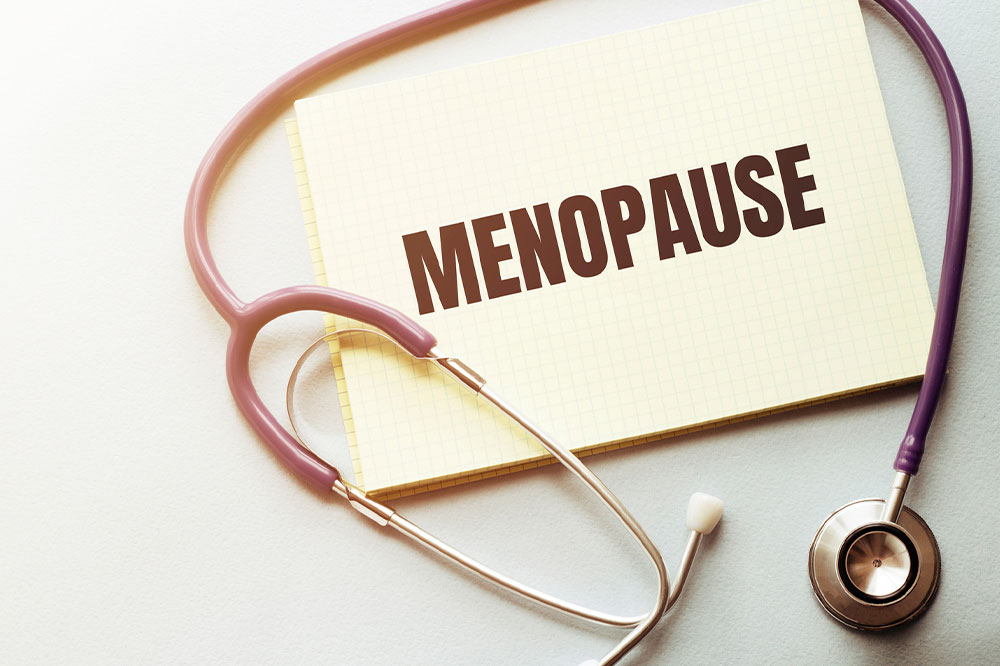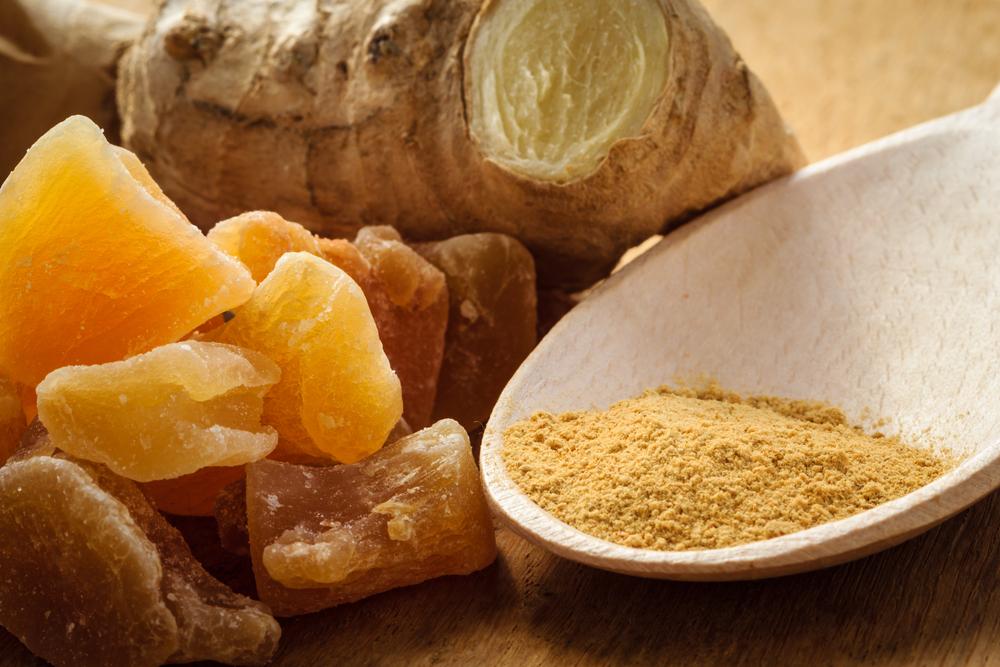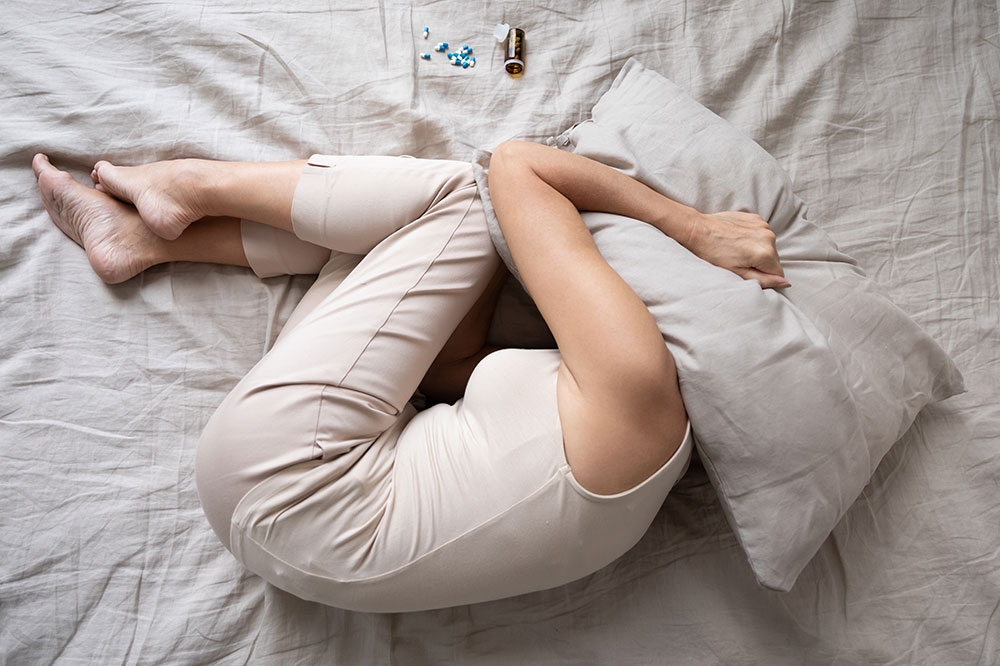Comprehensive Guide to Managing Vaginal Discomfort During Menopause
This comprehensive guide provides vital insights into managing vaginal discomfort during menopause, highlighting causes, risk factors, and effective treatment options such as hormone therapy and lifestyle changes. It emphasizes the importance of consulting healthcare professionals for personalized care. Practical tips on clothing, diet, and hygiene are included to help women alleviate symptoms and improve vaginal health during this natural transition, ensuring a better quality of life. Understanding these strategies empowers women to address menopause-related discomfort confidently.

Comprehensive Guide to Managing Vaginal Discomfort During Menopause
Menopause marks a significant transition in a woman's life, often accompanied by a range of physiological changes. Among these, vaginal discomfort — such as itching, dryness, and irritation — is one of the most common and distressing symptoms. Understanding the underlying causes, contributing factors, and effective management strategies is essential for enhancing quality of life during this phase. This detailed guide explores everything women need to know about addressing vaginal discomfort caused by menopause, offering practical advice, treatment options, and lifestyle tips to alleviate symptoms and promote vaginal health.
Vaginal discomfort in menopausal women primarily arises from declining estrogen levels, which crucially influence the structure and function of vaginal tissues. Estrogen maintains the thickness of the vaginal walls, the elasticity of vaginal tissues, and the production of natural lubricants essential for comfortable sexual activity and everyday comfort. As estrogen levels diminish during menopause, these tissues become thinner, less elastic, and produce fewer natural lubricants—leading to dryness, itching, burning sensations, and increased susceptibility to infections.
Recognizing these symptoms early and understanding their hormonal basis allows women to seek appropriate treatment and lifestyle adaptations. While these changes are natural, they can significantly impact daily life, self-esteem, and intimacy if left unmanaged. Fortunately, a wide array of medical treatments and supportive lifestyle modifications are available to help women regain comfort and confidence during menopause.
Factors that Can Exacerbate Vaginal Discomfort:
Tight Clothing: Wearing restrictive underwear or tight pants can increase sweating, friction, and irritation in the vaginal area, worsening symptoms of dryness and itching. Opting for loose, breathable fabrics like cotton helps maintain airflow and reduce discomfort.
Dietary Choices: Consuming foods such as dairy, gluten, or caffeine can sometimes heighten the risk of infections, inflammation, or dryness. Monitoring dietary intake and reducing irritant foods may alleviate some symptoms.
Use of Scented Products: Scented soaps, body washes, or feminine hygiene sprays can irritate sensitive vaginal tissues, causing burning sensations or increased discomfort. Using unscented, gentle products is advisable.
Effective Approaches to Alleviate Vaginal Discomfort:
It’s important for women experiencing vaginal discomfort during menopause to consult a healthcare professional, preferably a gynecologist, before trying any treatment or home remedy. A thorough examination, including pelvic assessments and possibly laboratory analysis of vaginal secretions, helps determine the severity of estrogen deficiency and identify underlying infections or other causes.
Based on the diagnosis, several medical treatments may be recommended. Topical therapies such as estrogen creams, suppositories, or vaginal rings can restore tissue thickness and lubrication. These are often prescribed for localized relief with minimal systemic absorption, reducing risk of side effects. In more severe cases, hormone replacement therapy (HRT)—including transdermal patches, gels, or oral pills—may be prescribed to balance estrogen levels systemically. However, HRT carries potential side effects and risks, such as blood clots or breast tenderness, and should be carefully discussed with a healthcare provider.
Alongside medical interventions, lifestyle modifications play a pivotal role in managing vaginal discomfort. Wearing loose, breathable clothing, engaging in regular pelvic exercises to strengthen muscles, maintaining good hygiene with gentle products, and avoiding irritant foods can support overall vaginal health. Hydration and a balanced diet rich in vitamins and omega-3 fatty acids may also promote tissue integrity and reduce dryness.
In addition to treatments, emotional support and open communication with partners regarding menopause-related changes are essential. Women should feel empowered to seek medical advice and explore various options to find the most suitable relief strategies for their individual needs.
In conclusion, vaginal discomfort during menopause is a common condition rooted in hormonal changes. Proper understanding, early intervention, and a combination of medical and lifestyle approaches can significantly improve symptoms, helping women maintain their comfort, intimacy, and overall well-being during this natural life stage.





